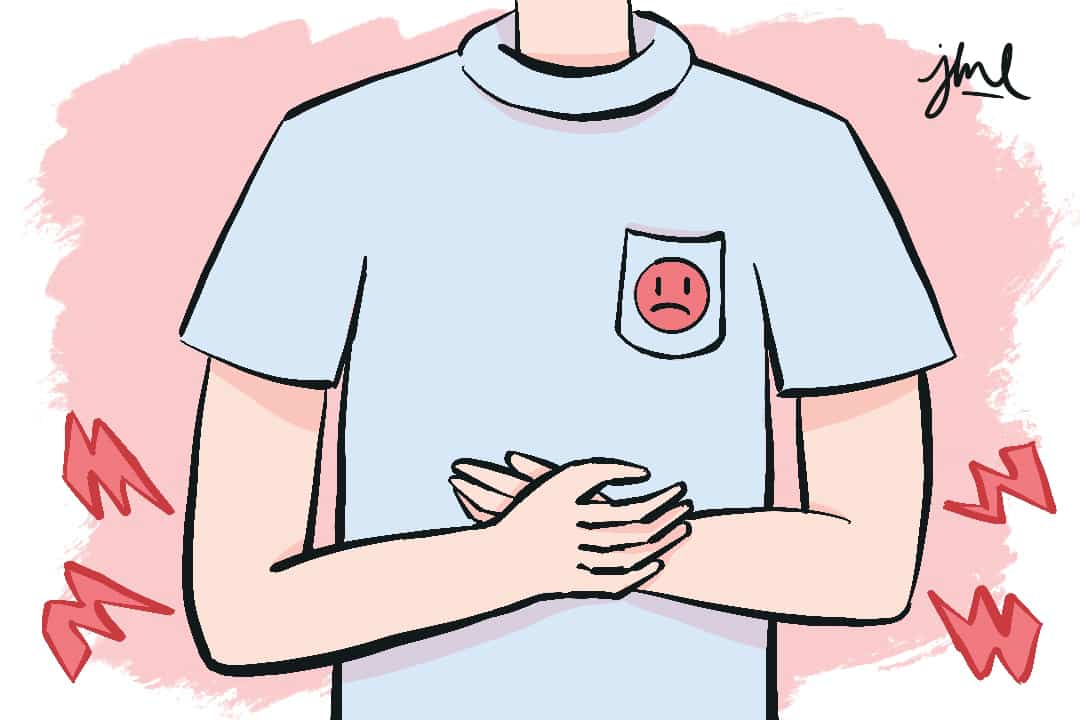In January 2022, the University of Toronto officially launched its pilot project to provide free menstrual hygiene products across 75 of UTSG’s most ‘high-traffic’ washrooms. Pads and tampon dispensers have been installed in men’s, women’s, and gender-neutral washrooms, marking a significant step toward inclusivity and equity for the university. As of now, the pilot project will continue for the next six months with close monitoring and necessary adjustments from the university. The project’s primary end goal? Eliminating menstruation stigma.
Although this project marks a significant move forward in the conversation surrounding menstruation, it’s still important to consider our next steps. If U of T genuinely believes in its promise to work toward gender equity, then it shouldn’t — and won’t — stop at just free product dispensers. What comes after should be bolder, more progressive, and more dedicated to the movement — like implementing menstrual sick leave.
The health standard
Sick leave, paid or unpaid, has become a common workplace benefit. The Government of Ontario defines it as job-protected leave due to “personal illness, injury, or medical emergency,” and it’s generally used to allow someone time to address health needs.
But, strangely enough, menstruation isn’t included under this umbrella of “health needs” — despite being probably one of the biggest health-related problems that around half of the population faces. Between the bleeding, fatigue, abdominal cramps, and much more, people with periods encounter a plethora of pains every month, which are nothing to be laughed at.
Period pain typically lasts between 12 and 72 hours, and consists of nonstop muscle and stomach cramps that can also spread to the back and thighs. Some people may also experience nausea, vomiting, fatigue, and even diarrhea — and these are only some of the most common examples. For people with severe menstrual symptoms, fever, rashes, and fainting aren’t too far out of the picture. In Canada alone, a 2020 study concluded that 500,000 women experience endometriosis — a gynecological condition that causes particularly painful menstrual cycles.
A study done by The Women’s National Health Service Foundation Trust and the University of Birmingham found that dysmenorrhea — the clinical term for period pain — can become so severe that it interferes with daily life — and it does, for up to 20 per cent of cis women.
It’s indisputable; withstanding the painful, and sometimes unbearable, physical conditions that anyone with a period endures every month is truly a feat. Even alone, these problems would be more than enough to be considered a sickness. In fact, during the pandemic, people with fevers and fatigue have been advised to not show up to work or class.
It’s only when we stick the ‘period’ label on these symptoms that they become no more than an ignored occurrence that’s pushed under the table. The continuous dismissal of periods as small-scale, mild inconveniences has forced many people to hide their searing pain under tiny grimaces. Simply put, it’s stigma at work.
And if you care so much about economics…
Surprise, surprise: periods and all their damned health issues affect work life. According to a British Medical Journal article, menstruation symptoms can cause many workers to become substantially less productive by an average of 33 per cent. This comes out to an estimated loss of 8.9 days of productivity per year for every person with menstrual symptoms. A Forbes magazine article uses the term “presenteeism” to describe these cases where people are at work or school but are significantly less productive due to menstrual symptoms.
And let’s be real — ignoring the conversation about menstrual leave doesn’t do anything for anyone. In the same way that moms saying we can’t do something only makes us do it more sneakily, people with periods can’t and won’t just fully cater to the corporate world’s full-attendance expectation.
A survey done by the British United Provident Association found that 23 per cent of cis women took time off due to periods in the last six months — 36 per cent of whom actually lie about their cause of absence. The reality is that we have been taking on the period game for ages, with no recognition for what we go through and not enough substantial support services. At the end of the day, we’re often left to our own devices to survive the weeks ahead.
These issues translate easily to the U of T environment: replace corporate meetings with mandatory tutorials, proposal presentations with uber-difficult midterms worth 45 per cent of your grade, and the working professional with the student aiming for that stellar grade, and you have the exact same scenario. There are thousands of people with periods across U of T’s classes, faculties, and staff. We make up a crucial part of the university’s backbone and contribute a great deal to all three campuses. All we ask for in return is respect for us and for our bodies — to the fullest extent.
Sandy Welsh, U of T vice-provost, calls the product dispenser project an “issue of equity.” She’s right — to a great measure, beyond this project alone. The period conversation continues on, and the university needs to fully commit to standing by it. Menstrual sick leave could be an important step to recognizing menstruation for what it is: painful, sometimes debilitating, and most importantly, normal.
Isabella Liu is a first-year social science student at Victoria College.


